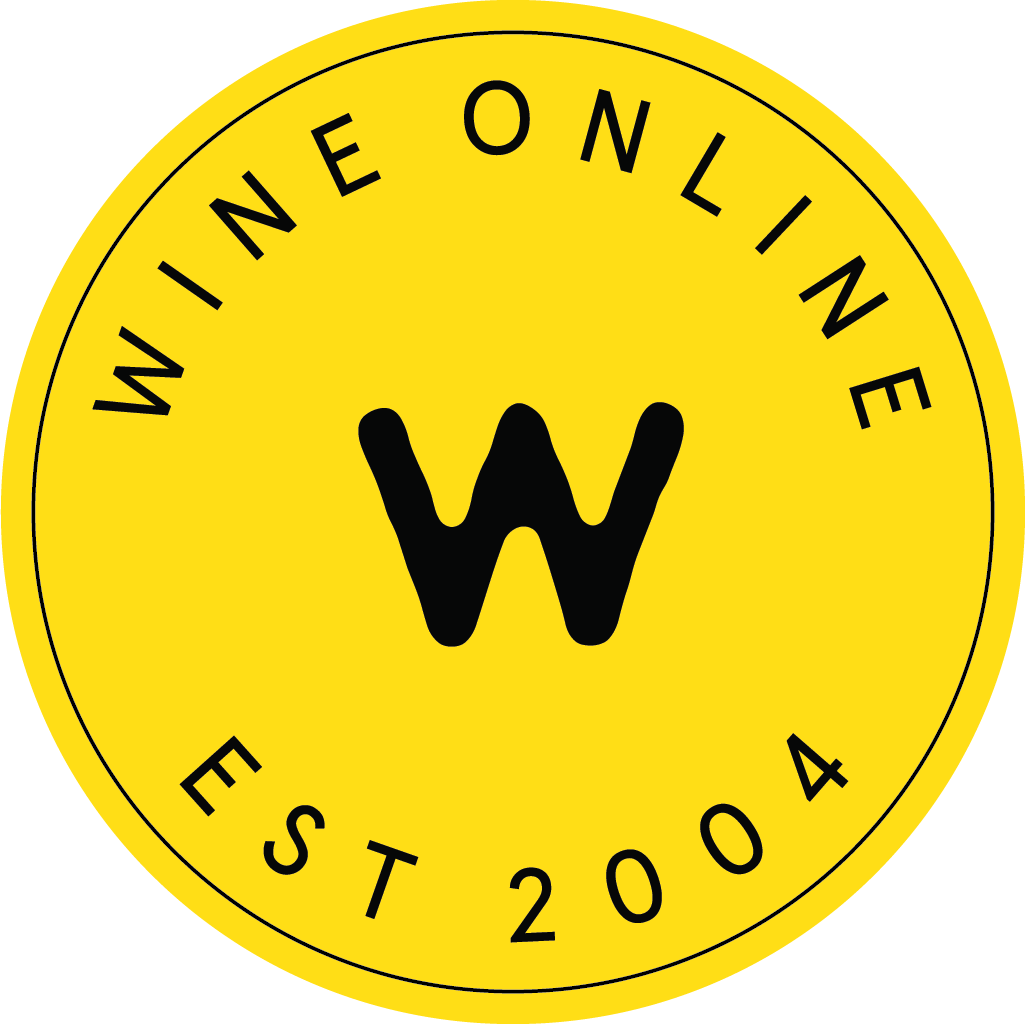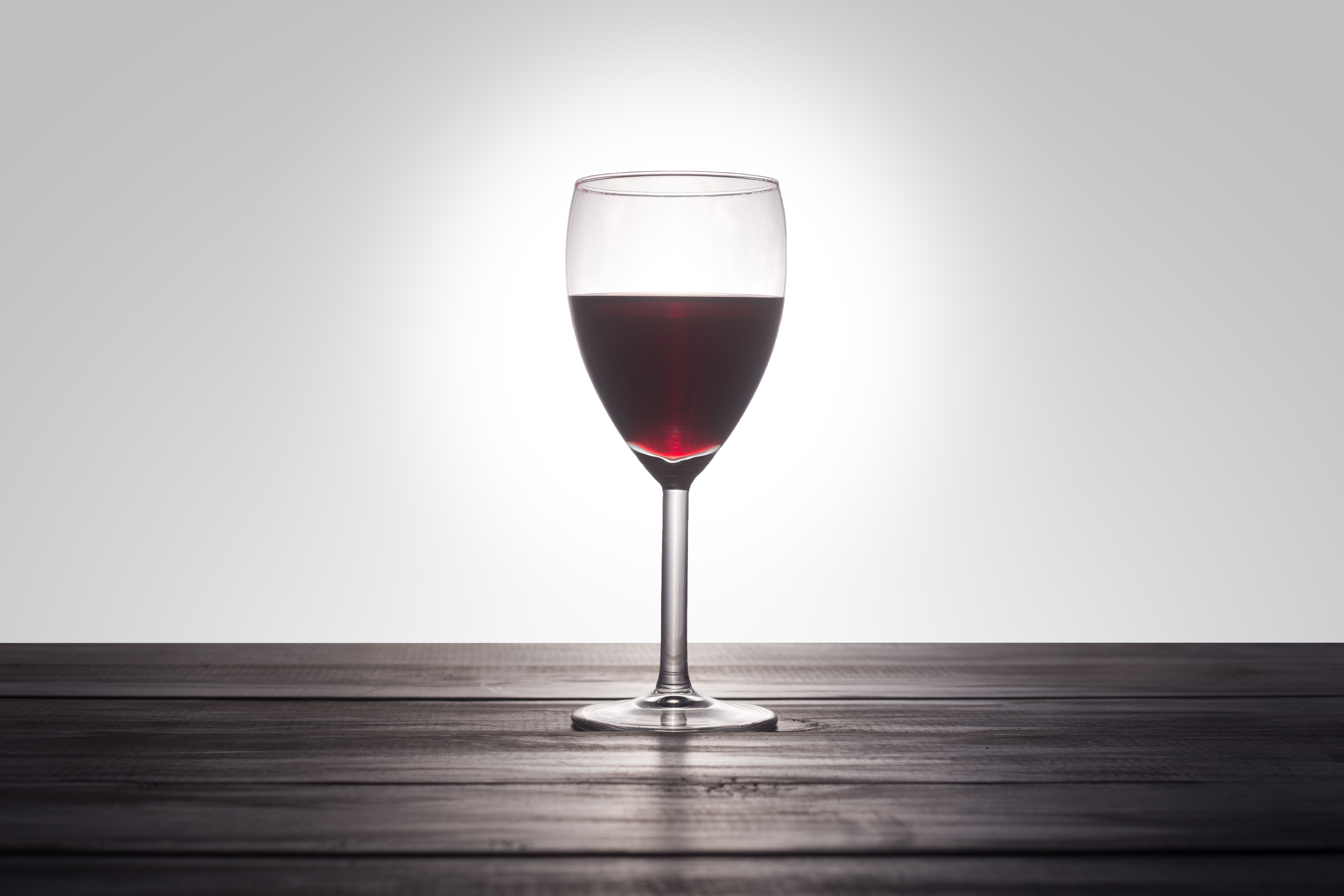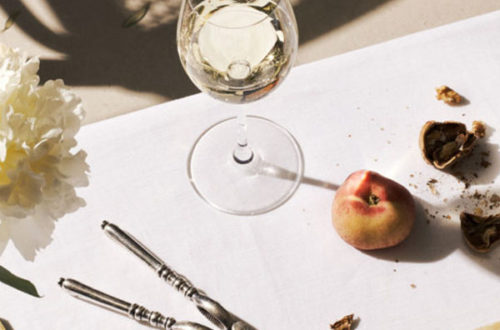What is an organic wine?
Organic wine, natural wine, biodynamic wine… It’s hard to navigate! Let’s distinguish between reality and fantasy about organic wines.
Organic wine are made from grapes grown in accordance with principles of organic farming
True. “Organic” wines – vin biologique or vin bio in french – are made from organically grown grapes. In accordance with principles of organic farming, means typically excluding the use of artificial chemical fertilizers, pesticides, fungicides and herbicides.
No legal international definition exists yet, the legal definition of organic wine vary according to the country.
Anyone can proclaim themselves organic wines
False. Requirements varies from country to country, but wine can only be called organic if it has been made from organic grapes.
In France, wine can only be called organic – vin bio or vin biologique – if the wine-growers have had their farming practices monitored and certified by an organisation that has been officially recognized competent and endorsed by the French authorities. The organisation in charge of wine-growing is Ecocert. You can identify organic french wines by its labels, it’s the proof that the products have obtained such certifications. AB is the french certification and the leaf is the european certification.

So far, there is no officially recognized for wines made with organic grapes in Canada.
An organic wine is a wine without sulphur
False. There is no wine “without sulfur”. Naturally, yeasts produce SO2 (sulfur dioxide) when they turn sugar into alcohol. We can however speak of wine without added sulfur. The maximum standard for organic wines is 150 mg/l for white wines and 100 mg/l for red wines. There may be less sulphites, but there will always be sulphites in the wine and there is nothing wrong with that.
Biodynamic wine is kind of organic/bio wine
There is a debate. Don’t confuse Organic (Bio) and biodynamic. Both approaches aim to respect the environment by eliminating synthetic inputs, GMOs… But, beyond that, biodynamic winemakers aspire to restore the virtuous cycles of wine and its ecosystem. It takes into account things such as astrological influences and lunar cycles… According to the philosophy and methods described by the German agronomist Rudolph Steiner in 1927.
Many biodynamic winemakers started by obtaining the AB label (organic farming, certified by Ecocert after a three-year conversion period), before turning to the Demeter label which guarantees biodynamic wines (with a maximum total sulfur content of 70 mg/l for red wines and 90 mg/l for whites).
Our choice: Signature Pinot Gris AOC Alsace Bio By Domaine Muré – Clos Saint Landelin 2016
Domaine Muré – Clos Saint Landelin is a globally recognized organic/bio viticulture superstar. Their wines have infiltrated the collector market and are increasingly visible on trending restaurant wine lists across the globe. And, with ubiquitous nods of approval from critics, this formerly best-kept secret producer is a gem in disguise.
Their cachet continues to rise, as do the prices of their coveted wines! Having rewritten the rules at this 12th generation family estate (369 year-old), Domaine Muré – Clos Saint Landelin is bottling some of the region’s most uniquely expressive and fascinating wines.
This is a small, family-run estate that farms organically. “Signature by Domaine Muré” is a pure and powerful expression of Alsace Pinot Gris at its best, so grab as much as you can.
“Gentle pear fruit has a touch of herbal tisane. The same gentle purity of fruit is amplified on the streamlined, dry palate where freshness and ripeness seem to flow from a deep well of pear and lemon. Taut and balanced, this is utterly moreish and perfectly dry. Drink until 2030.”
93 Points Wine Enthusiast, #34 of Top 100 Wines of 2018
Where to find this wine?
→ Signature Pinot Gris AOC Alsace Bio By Domaine Muré – Clos Saint Landelin 2016






